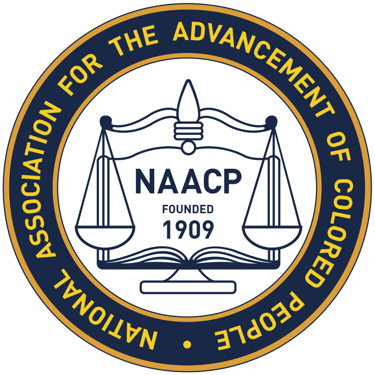M-SI NAACP Archives
Explore the history of Mooresville-South Iredell NAACP through our collection of older stories and links.
Black Mooresville: The Untold Story
"We Just Knew Our Place"

The 14th Amendment: The Definition
of Citizenship in the United States
The Fourteenth Amendment, approved by the Senate on June 8, 1866, and ratified on July 9, 1868, granted citizenship to all individuals "born or naturalized in the United States," including formerly enslaved people. It ensured all citizens received "equal protection under the laws," extending the Bill of Rights' provisions to the states. The amendment allowed the government to penalize states that restricted citizens' voting rights by reducing their representation in Congress accordingly. It barred those involved in insurrection against the United States from holding any civil, military, or elected office without a two-thirds majority approval from both the House and Senate. Additionally, it forbade former Confederate states from repaying war debts or compensating former slave owners for freed enslaved people. The amendment empowered Congress to enforce its provisions, leading to significant legislation like the Civil Rights Act of 1964 and the Voting Rights Act of 1965. Ratification of the Fourteenth Amendment was a requirement for former Confederate states to regain federal representation.

Mooresville South Iredell NAACP presents
"90 Years of Advocacy - A Lifetime of Service"
2025 Freedom Fund Award Banquet
Theme: "The Fight Remains the Same"
Saturday, June 7, 2025 at
the Charles Mack Citizen Center
215 N. Main Street, Mooresville, NC 28115
Doors open at 4 PM. Banquet is 4:30 PM to 8:00 PM
Attire: Semi-Formal
PURCHASE YOUR TICKETS NOW!
Donation $50.00


For Sponsorship information, please contact April Brown.


